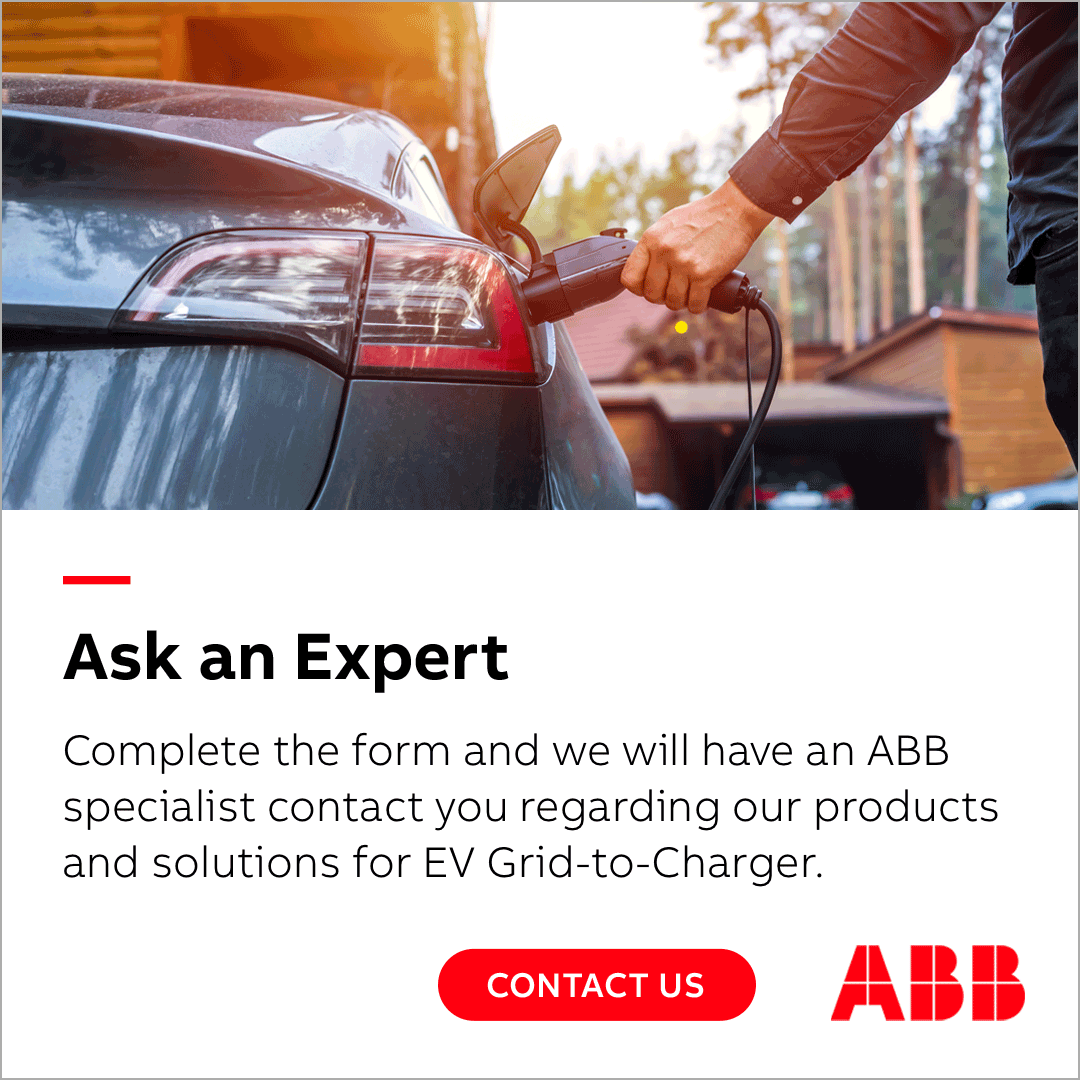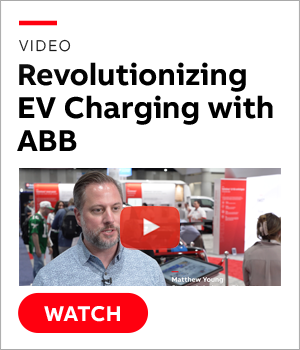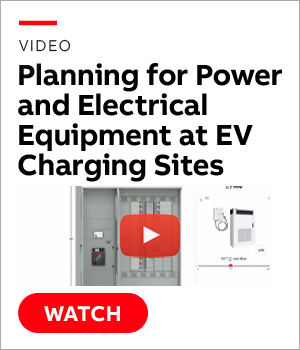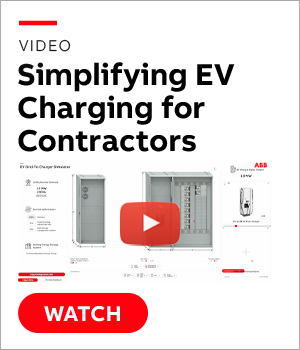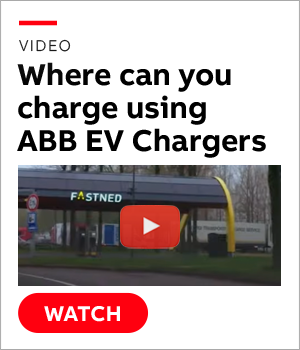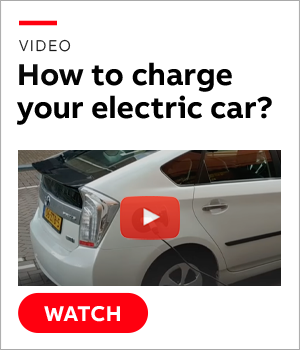Home EV Charging
Single and Multi-Family Solutions
Power your home or property for the future of EV charging.
As electric vehicles become the new standard, ensuring your home or property is EV-ready is more important than ever. Whether you're building a new residence, upgrading an existing electrical system, or integrating EV charging into your current residential power setup, the right power infrastructure is key to a seamless and future-proof solution.

Reliable, scalable, and future-ready electrical solutions
ABB provides the smart, safe, and energy-efficient electrical solutions that power your EV home charging needs—so you can charge with confidence:
- Building new? Ensure your property is designed for the future with scalable electrical distribution and energy management solutions that can support residential EV charging from day one.
- Upgrading? Modernize your electrical system with smart panels, surge protection, and energy monitoring to handle increased energy demands for home EV charging stations.
- Integrating? Adapt your infrastructure to support EV charging without overloading your electrical capacity, optimizing energy use and costs.

Invest in a smarter, more sustainable future
Upgrading your home or building’s electrical infrastructure not only enables Electric Vehicle charging but also increases property value, improves energy efficiency, and supports a more sustainable future. With ABB’s trusted technology, you can make the transition to electric transportation with confidence.
Products and solutions

Electrical solutions for home EV charging
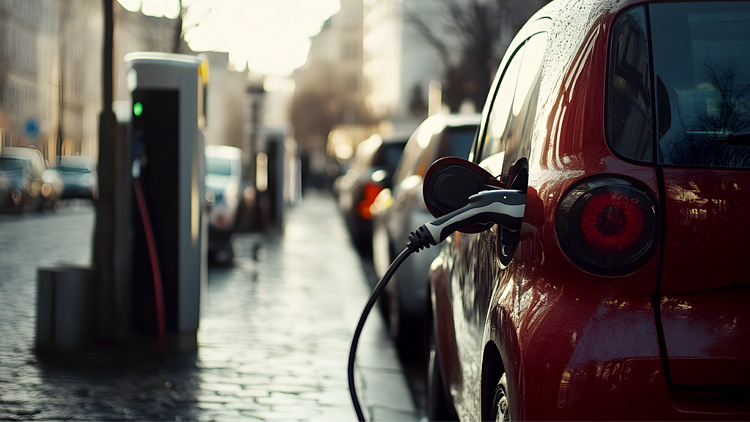
EV Charging solutions for apartments and condos
FAQs: Common challenges of electric vehicle (EV) adoption
Why do electric vehicles (EVs) have a higher purchase price?
EVs generally cost more upfront than gasoline or diesel-powered vehicles due to battery technology and production costs. However, long-term savings from lower fuel and maintenance expenses can help offset the initial investment. Additionally, battery costs are declining rapidly, and there will be a day when electric vehicle prices will be in alignment with, or even better than, those of gasoline-powered vehicles.
What are the costs involved in installing a home charger?
Installing a home charger requires a dedicated parking spot or garage. Home EV chargers can cost between $500 and $1000. If the home electrical panel has space to add another circuit breaker, there should be minimal installation costs associated with adding the EV charger circuit. If there is no space in the panel, some homeowners may need to upgrade their home electrical panel or add a sub-panel.
Replacing the panel can cost between $2,000 and $6,000. If the home has a 100A panel, the homeowner will likely need to replace the panel and upgrade the service from the utility, which can cost an additional $1,000 to $3,000, and even more if the incoming grid connection is underground. To avoid this, it’s possible to add a smart panel, like the ABB ReliaHome™ Smart Panel, which provides intelligent monitoring and control of all load devices to prevent overloading of the home electrical panel. The installation of this device can cost $3,000 to $4,000 (including hardware and installation).
What if I don’t have access to home charging?
Workplace charging can be a convenient alternative. The EV chargers typically located at office buildings are Level 2 AC Chargers, which means to receive a significant charge, the vehicle will need to be connected for 6-8 hours. For drivers who do not have access to home or workplace charging, public charging is often a viable alternative. Many shopping areas and restaurants offer EV charging stations with capacities ranging from 50 to 150kW, which can enable a significant charge in 30 minutes to 2 hours. There are also dedicated public charging stations, which typically feature high-speed EV chargers capable of up to 400kW. These chargers can add significant range in 10-30 minutes.
Is public charging infrastructure widely available?
The availability of public charging stations varies by region. Urban areas tend to have more options, while rural and suburban areas may have fewer charging stations. The Department of Transportation has set a target to have charging available every 50 miles along highways. The maximum distance between DC fast chargers is 259 miles on Interstate 70, spanning from Illinois to Ohio. The 2nd longest distance is 137 miles in Arizona on Route 66.
How do EVs perform on long road trips?
Long-distance travel with an EV requires a little more preparation, but it is very doable with today’s infrastructure. EV trip apps, such as A Better Routeplanner (ABRP), can identify an optimized route. Charging can be coupled with normal activities, such as meals or staying overnight at a hotel. It’s important to understand the EV’s real-world range and to have some flexibility. It’s recommended to build some buffer time into your trip and not to cut your next charging stop too close to running out of charge.
How do EV charging habits differ from refueling a gas car?
The EV charging process takes longer than refueling a gas car; however, charging can be completed at locations that people frequent in their normal routines. Gas refueling can only be completed at gas stations, whereas EV charging can be completed at home, where vehicles are parked a significant amount of time each day. Depending on availability, charging can also be completed at the workplace, shopping areas, or restaurants, where vehicles are parked for a period of time anyway.
Are there enough EV models to choose from?
While there are fewer EV models than gasoline-powered vehicles on the market today, over 60+ electric vehicle models are available and cover all passenger car sizes, including pick-up trucks.
What size circuit breaker will be needed for a home EV charger?
Typically, home chargers require a 40-60A circuit breaker. It may also be possible to use a smaller breaker by reducing the maximum possible current load by adjusting the settings on the EV home charger.
Can the charger be hardwired, or must it be plug-in?
Most Level 2 home chargers have the option to be either hardwired or plug-in. Plug-in versions will be limited to 40A and use a 240V plug. This is a good solution if flexibility is needed to relocate the charger. EV chargers that are hardwired will be more permanent and are often required for outdoor locations.
What considerations should I make for future-proofing my Level 2 home charger installation?
Most multi-vehicle homes will be able to charge their EVs with a single charger by alternating charging times for each vehicle. To support this, installing the charger in a location that can reach multiple parking spots would be recommended. Alternatively, if multiple level 2 home chargers are anticipated in the future, it would be recommended to oversize the electrical conduit to support additional cabling.
